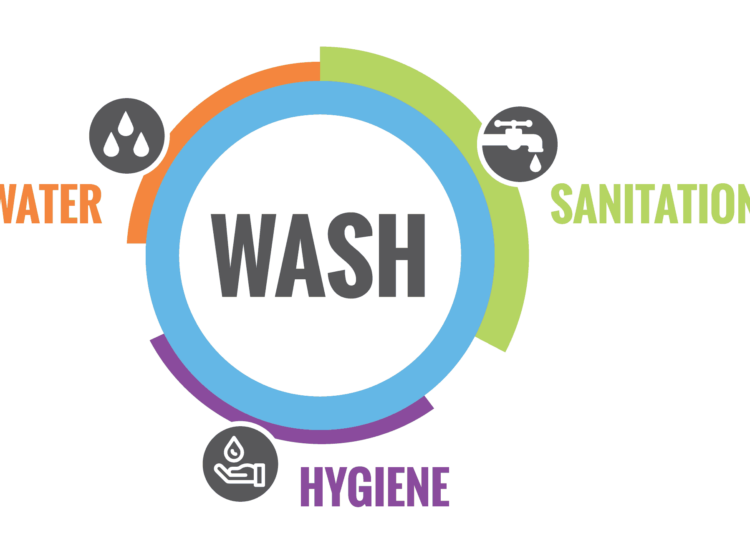In collaboration with key education and development stakeholders, the Nigerian National Commission for UNESCO (NATCOM-UNESCO) has called for an urgent transformation of Water, Sanitation, and Hygiene (WASH) services across educational institutions in Nigeria.
The stakeholders spoke during a two-day national workshop on “The Impacts of Climate Change on WASH in Nigerian Educational Institutions”, held in Abuja yesterday.
They cited climate change as a growing threat to school health and learning outcomes.
The event, which drew participants from government agencies, civil society, academia, and the international development community, was convened under the auspices of the 2024/2025 UNESCO Participation Programme.
The secretary-general of NATCOM-UNESCO, Dr. Lateef Idowu Olagunju, stressed the urgency of the conversation, describing the intersection of climate change and WASH services in schools as both a national challenge and a call to action.
He noted that climate change is altering water availability and sanitation patterns, with Nigeria’s diverse climate and socio-economic conditions amplifying its impacts on vulnerable school infrastructures.
“Inadequate WASH services in our schools contribute to disease outbreaks, lower attendance, and declining academic performance. These challenges hit hardest among children, girls, and marginalised communities who rely most on school environments for safe water and sanitation.”
Olagunju also emphasised the importance of schools as critical platforms for climate adaptation. According to him, educational institutions must receive WASH interventions and champion sustainability and innovation.
He called educators, policymakers, and communities to treat climate-resilient WASH systems as foundational to safe, inclusive, and quality education.
“Access to clean water, adequate sanitation, and proper hygiene is the bedrock of a conducive learning environment. However, we must shift from reactive to proactive solutions with increasing water scarcity, contamination, and fragile infrastructure. Schools must model the sustainable practices we want future generations to uphold,” he added.
Also speaking, the director of Educational Planning, Research, and Development, Obiajunu Anigbogu reiterated that climate change is not a distant crisis but a present and escalating danger.
Represented by the director of Educational Planning, Juliet Uzor, Anigbogu cited data from the Intergovernmental Panel on Climate Change (IPCC), warning of intensified floods, droughts, and unpredictable rainfall patterns that threaten the sustainability of school infrastructure, especially WASH facilities.
“The right to safe water and sanitation is a fundamental human right. But today, this right is under siege in many of our schools due to the combined pressures of environmental degradation and limited investment,” she said.
She urged participants to leverage the workshop to explore innovative strategies, promote climate-resilient infrastructure, and advance policies that empower schools to adapt. “We must share knowledge and best practices that turn our schools into models of health, sustainability, and resilience.”











